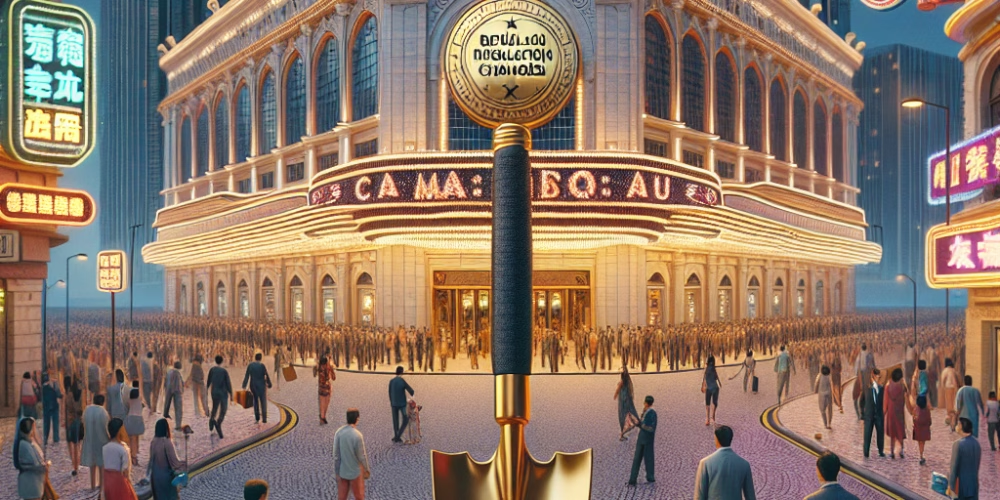In a decisive and potentially transformational move, Macau, a hub long renowned for its flourishing gambling scene, is steering toward groundbreaking regulation changes that promise to reinvigorate its casino industry. After the years of economic downturn exacerbated by the pandemic, these changes could spell a new beginning for the region known as the “Las Vegas of Asia.”
The government of Macau has recently announced a series of adjustments to its gambling laws, aimed at modernizing the existing frameworks and making them more conducive to business, while ensuring better regulatory oversight. Perhaps most notably, the new laws will extend the existing casino licenses, giving operators the breathing room necessary to recover from the financial strains brought on by global travel restrictions and local lockdowns.
The implications of this regulatory rejuvenation are extensive. For investors and businesses, this represents a unique opportunity to consolidate and expand their operations in what is arguably the largest gambling market in the world. For the local economy, it means a potential surge in job creations and a boost in both direct and indirect revenues.
Reacting to the news, stock prices for major casino operators in Macau saw an immediate upturn, reflecting investor optimism about the sector’s growth prospects. Analysts are predicting a robust recovery and a return to pre-pandemic profit levels by the end of the next fiscal year, spurred by these regulatory enhancements and a gradual return of international tourism.
Moreover, the new regulations introduce more stringent measures to combat money laundering and ensure the integrity of gambling operations. These measures are seen as essential to sustaining the long-term health and attractiveness of Macau’s casino industry, appealing to a broader, more security-conscious international market.
While Macau does not directly intersect with the traditional gaming sectors where companies like GameStop operate, the broader economic upturn and the increase in tourism might lead to a knock-on effect on retail and entertainment sectors, including video gaming. Regions with thriving casino industries often see boosted sales in video gaming as part of the overall entertainment and leisure expenditure.
As Macau’s casino scene gets a much-needed revitalization, the coming years will reveal the full impact of these changes, not only on the gambling and casino industries but also on the broader spectrum of entertainment and leisure activities, including gaming. With these developments, Macau is certainly a region to watch for those invested in the intersections of gambling, tourism, and entertainment industries.
James Miller is a distinguished casino strategy expert with a wealth of experience in the gambling world. At CasinoNoDeposits.com, James focuses on crafting effective gaming strategies and providing insightful reviews to guide players towards making informed decisions. His deep understanding of casino mechanics and promotional offers makes him a valuable asset to the team. Dedicated to educating players, James ensures that every piece of content is accurate, actionable, and reader-friendly.


